

Damion Smy
Ford Everest Tremor gets 260kW V6 ‘Ranger Raptor’ treatment
37 Minutes Ago
The Renault Megane E-Tech Electric crossover will go into production next year, and will be a big step up from the Zoe hatch.

Journalist
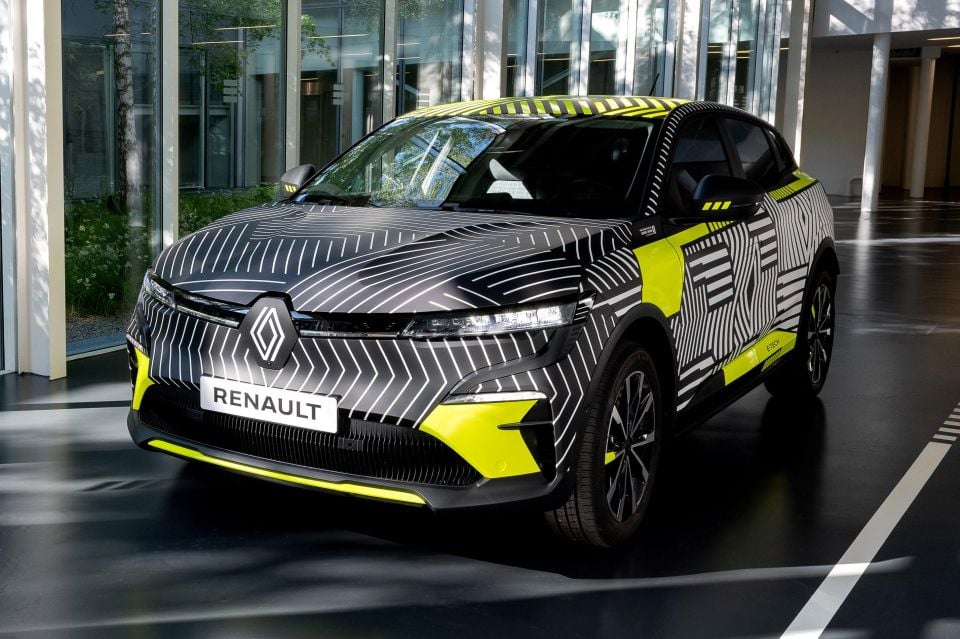

Journalist
A new addition is coming to the Renault Megane family: an all-electric crossover.
With 30 pre-production models of the new Megane E-Tech Electric due to hit French roads during the northern summer, Renault decided to get ahead of the inevitable spy photos.
The new Megane E-Tech Electric is based on the CMF-EV platform developed by Nissan, and first seen under the Ariya crossover.
According to Renault, the electric Megane will be available with a 160kW electric motor and a 60kWh battery. This powertrain will have a driving range of 450km under the WLTP standard.
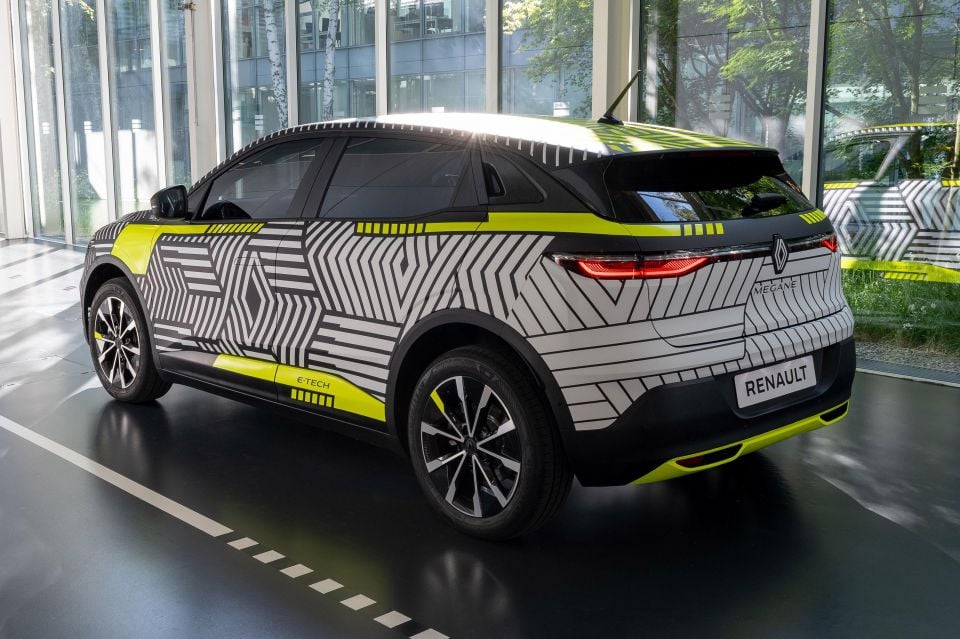
Although unconfirmed, other drivetrains are likely to appear in the Renault.
The Ariya is available in rear-wheel drive with either 160kW/300Nm or 175kW/300Nm motors, as well as all-wheel drive with 250kW/560Nm and 290kW/560Nm setups.
Nissan will offer 65kWh and 90kWh batteries in the Ariya with range stretching from 430km to 610km depending on the configuration.
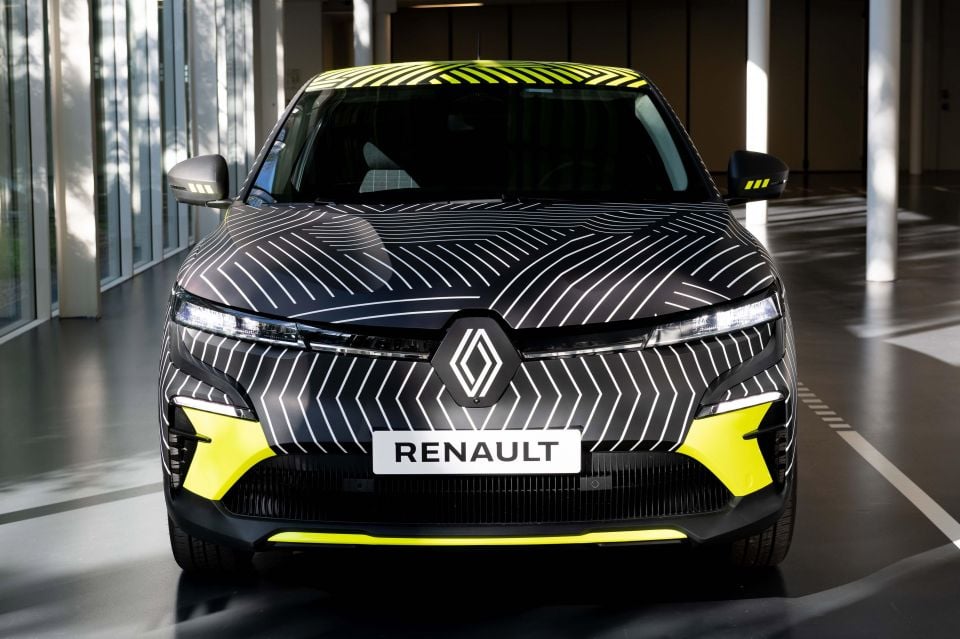
The Megane E-Tech Electric’s proportions and many of its styling features are carried over from the 2020 Megane eVision concept.
At the front, the electric Megane will have the company’s new logo, as well as a Z-shaped daytime driving light graphic similar to the concept’s. There are lights in the plastic strip linking up the two main headlight units.
The car’s charging port is located under a flap behind the front wheels.
To help improve aerodynamics, the front doors have flush-fitting pop-out door handles, while the rear doors are opened via a set of disguised units hidden where a third side window might reside.
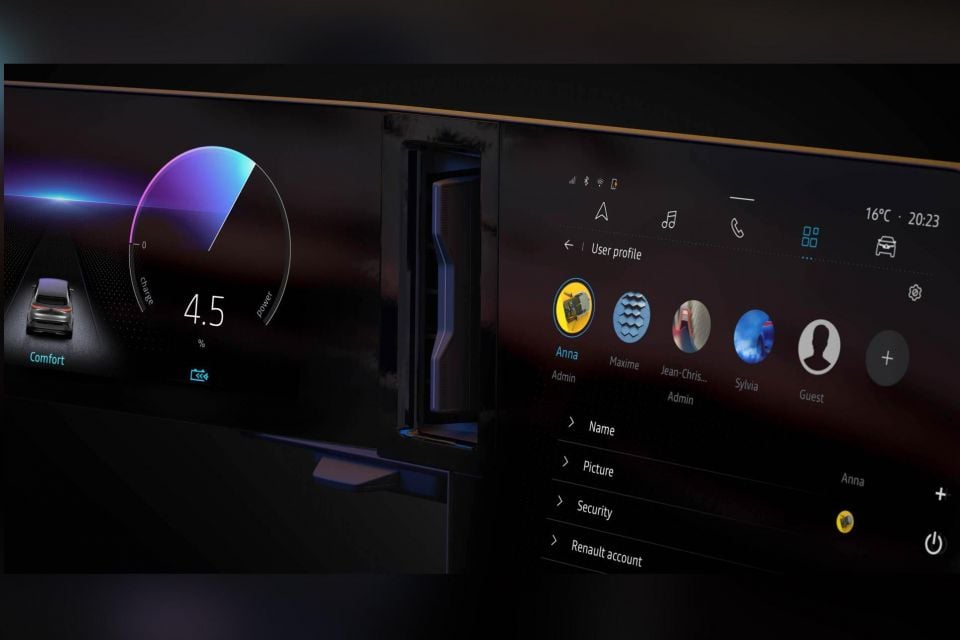

At the rear, thin tail-lights stretch into the tailgate, while the housing for the reflector pads at the bottom of the bumper look almost like exhaust tips.
Last month the company teased the car’s interior, which will feature a wide instrumentation display, portrait-oriented infotainment touchscreen, and a minimalist design philosophy.
While the now-delayed Nissan Ariya will be produced in Japan, the Megane E-Tech Electric will be made in Renault’s Douai factory in northern France.
Production is expected to begin in 2022.
Where expert car reviews meet expert car buying – CarExpert gives you trusted advice, personalised service and real savings on your next new car.
Derek Fung would love to tell you about his multiple degrees, but he's too busy writing up some news right now. In his spare time Derek loves chasing automotive rabbits down the hole. Based in New York, New York, Derek loves to travel and is very much a window not an aisle person.


Damion Smy
37 Minutes Ago


CarExpert.com.au
2 Hours Ago


Ben Zachariah
4 Hours Ago
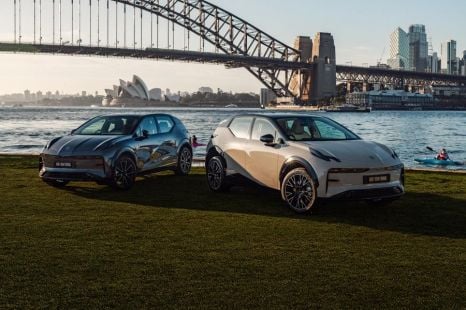

Max Davies
4 Hours Ago


Derek Fung
5 Hours Ago


Derek Fung
5 Hours Ago